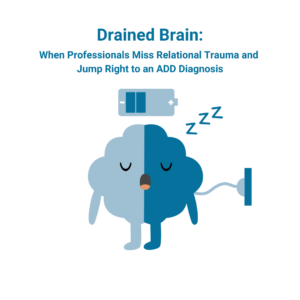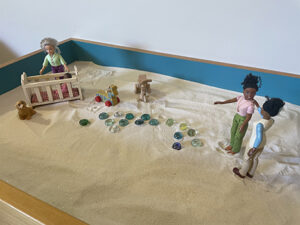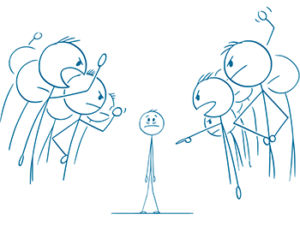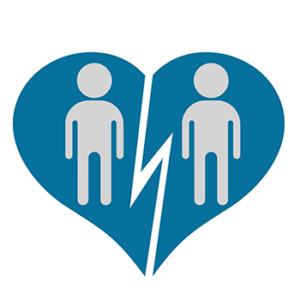Professional Resources
Who Am I? How a Tool Like the Enneagram Might Help Adoptees and Their Family System
A tool like an Enneagram can help ground adoptees in the personality of who they are in the present, and give insight into how their early life experiences may have contributed to their childhood wound. BPAR clinician Madison Janke, LMHC, R-DMT explains how.
Read MoreDrained Brain — When Professionals Miss Relational Trauma and Jump Right to an ADD Diagnosis
For an adoptee, signs of Attention Deficit Disorder (ADD) and the impact of relational trauma can go hand in hand. Professionals might not consider this overlap. Read this article from Severance Magazine written by BPAR clinician Lisa Coppola, LMHC.
Read MoreChild Therapy FAQs — What Parents Want to Know
Have you ever wondered exactly what child therapy is like? Or if your child’s therapy is truly “working”? Here are some answers to questions that parents and caregivers often ask about therapy with children at BPAR.
Read MoreFrom Blame to Empowerment — Healing as the Family Scapegoat
When a dysfunctional family disallows expressing emotions and challenging the norm, one child may become the scapegoat, bearing blame for all problems and serving as a distraction from the real issues. If you identify with this role, here are some steps you can take to free yourself.
Read MoreThe Impact of Breakups on Adoptees
Romantic relationships carry an unavoidable risk of possible loss and rejection. This blog explains why adoptees may feel particularly vulnerable in breakups and offers tips on how to tap into the resiliency that comes from being an adoptee.
Read More



